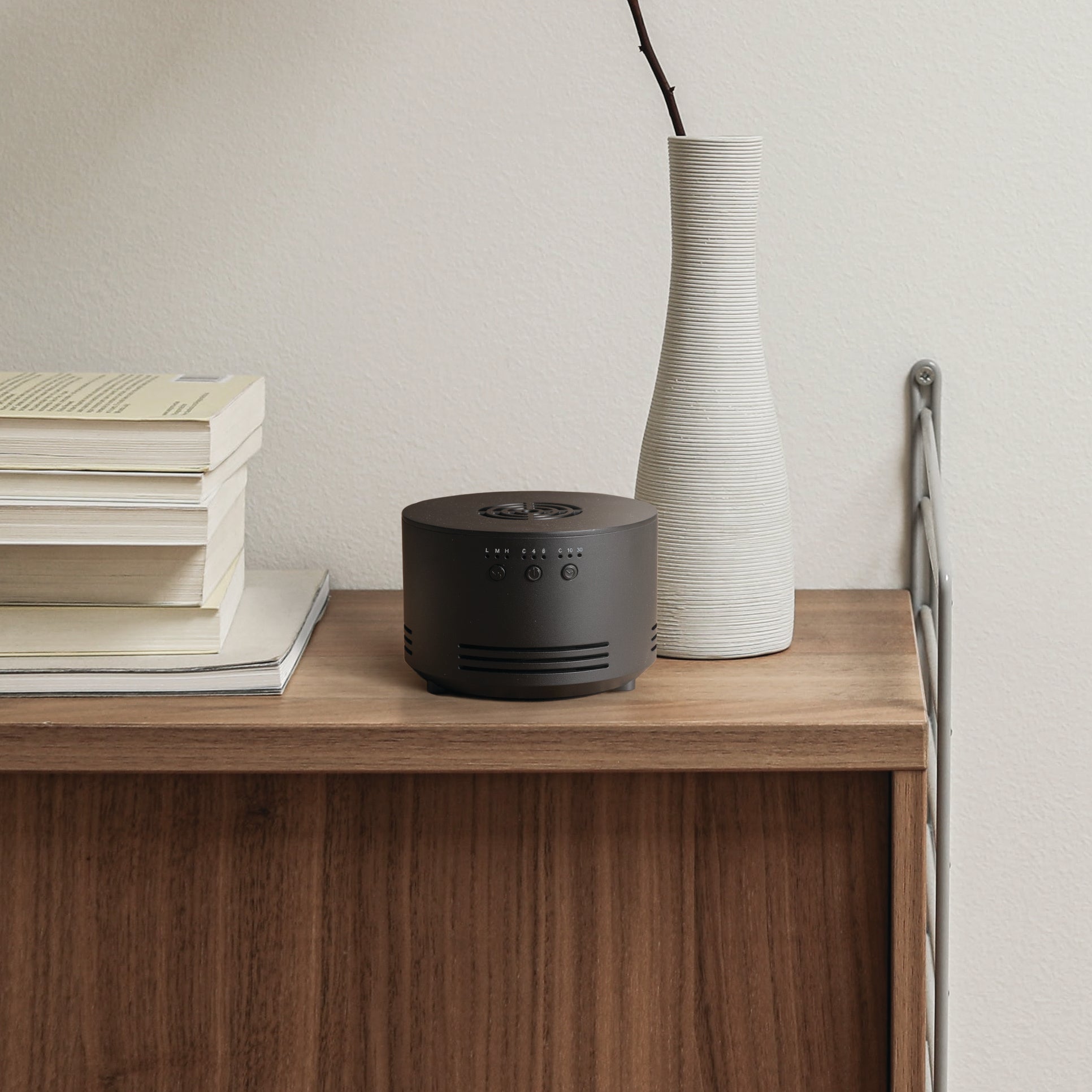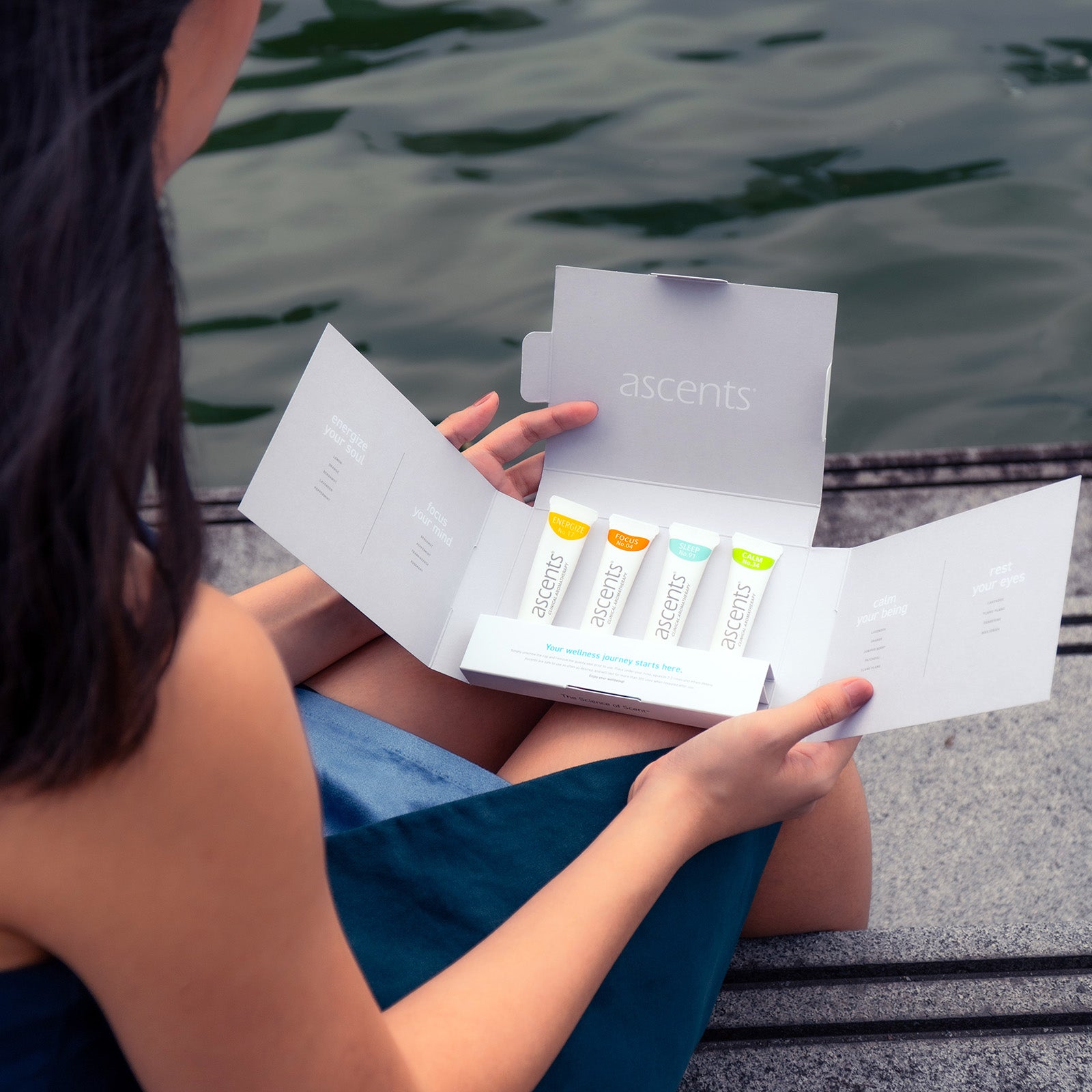Air Fresheners or Air Toxifiers?
Artificially-scented aerosol sprays, solid plug-ins, candles and diffused fragrance oils -- air fresheners are undoubtedly popular, and that popularity continues to increase. In fact, according to research from Global Industry Analysts, Inc., the market for air fresheners will likely reach $10.4 billion by the year 2020.
While this is great news for the consumer package goods companies (CPGs) that develop, manufacture and market the lion's share of these types of air fresheners, it's actually terrible news for the consumers of these products.
What most people fail to understand is the negative impact of using standard (artificially-scented) air fresheners in their homes and offices. When trying to mask malodors, or make the air seem fresher via the use of artificial scent, consumers are actually risking their health by increasing indoor air pollution and adding to the chemical load that already bombards them daily.
The problem is that the ingredients in chemical air fresheners are kept very much a secret by the industry. Why? Because they can. The US government doesn't require the disclosure of what makes up a "fragrance." It only requires that the general use of "fragrance" in a product is disclosed. This protection is the result of a time when high-end perfumeries wanted to protect their signature scents from being copied, most of which were natural. Unfortunately, it has had the unintended consequence of allowing artificial fragrances to be marketed as air fresheners, instead of as what they truly are -- air toxifiers.
The Environmental Working Group (EWG) published a report on air fresheners that shed light on what has historically been a shady subject. One of the most disturbing findings was that more than 75% of the air fresheners analyzed contained phthalates, known hormone disruptors that can result in reduced sperm counts and reproductive malformations, and have been linked to liver and breast cancer, diabetes and obesity.
Additionally:
- Research out of Mount Sinai Children's Environmental Health Center has linked fetal exposure to phthalates with autism, ADHD and neurological disorders.
- In 2010, a University of Washington study found that eight unnamed, but widely-used air fresheners released an average of 18 chemicals into the air. On average, one in five of these chemicals were hazardous substances highlighted in federal and some state pollution standards.
- EWG also conducted a study of Febreze Air Effects in 2009, which resulted in the detection of 89 airborne contaminants, including acetaldehyde, exposure to which the CDC notes can cause side effects including eye, nose and throat irritation; dermatitis; cough; central nervous system depression and even pulmonary edema.
And these studies hardly even scratch the surface of the scientific research available on the negative effects of artificial fragrance and air fresheners.
Many wonder how they can freshen the air in their home without adding to indoor air pollution. The truth is, there's no way to actually "scrub" the air clean, as many companies would like to suggest. However, opening windows regularly, running HEPA air purifiers and minimizing the use of chemical cleaners around the house can help preserve indoor air quality.
To scent the air or add ambiance, use only pure essential oils, instead of artificial fragrance. Be sure that any oils you choose are labeled "essential" oils, rather than "fragrance" oils. Essential oils are natural, and derived from plants. Fragrance oils, even though they are packaged in similar bottles, are derived mainly from petrochemicals.
Aeroscena® believes that freshening the air shouldn't come at the expense of personal health. That's why our Ascents®Gels were developed using only the highest-quality essential oils. All of our oils undergo rigorous testing to ensure their safety and efficacy, and are a simple, easy and mess-free alternative to traditional liquid essential oils, while maintaining the same or even a greater level of purity. And unlike artificially-scented air fresheners, Ascents®Gels are allergen-free, allowing even the most sensitive individuals to use them.
For more information or to order Ascents® products, visit shopascents.com.






Leave a comment
This site is protected by hCaptcha and the hCaptcha Privacy Policy and Terms of Service apply.